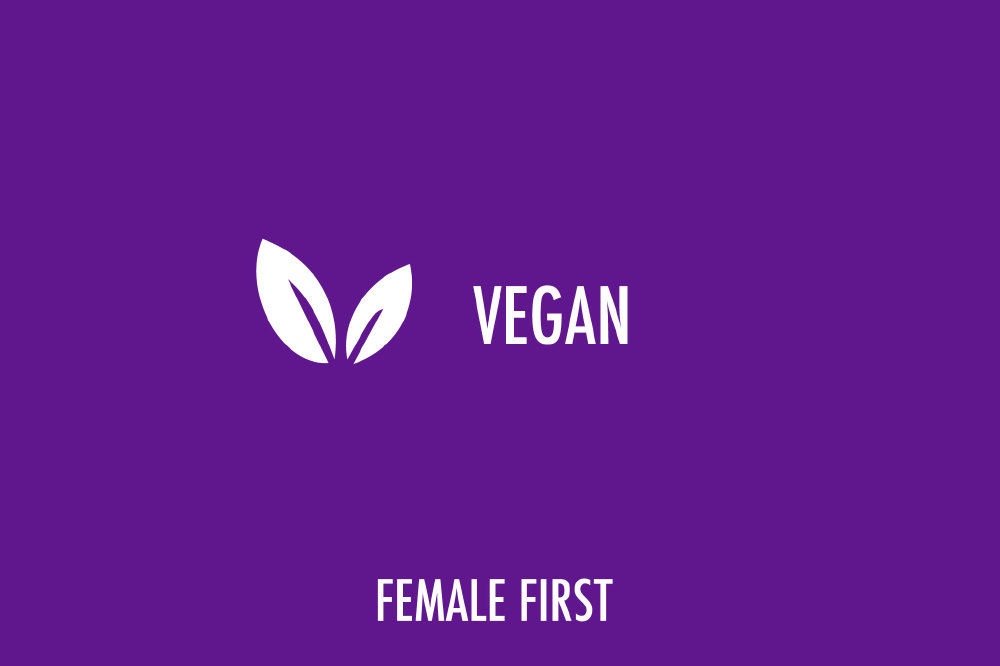Coconuts may have been thrown into the spotlight recently because of their water and oil, but coconut milk has been on our supermarket shelves for years, used for both adding an exotic twist to dishes and as a vegan alternative to dairy milk.

Vegan on Female First
But there's more to coconut milk than meets the eye and not all 'milks' are created equally…
Whilst the subtle taste of coconut on breakfast cereal isn't for everyone, coconut milk is a staple for many vegans, being a great addition in everything from dairy free ice-cream to smoothies and sauces.
There is a romantic view that, because coconuts come from trees, coconut milk must be 100% natural and pure. Unfortunately this is rarely the case. Made from squeezing the flesh of coconuts most tinned coconut milk has thickening agents, preservatives and stabalisers added to it - resulting in a product that isn't quite as natural as you might hope.
There is an easy way to get around the need to add these additional chemicals to the milk however. By effectively drying the coconut milk a powder can be created, which water can then be added to it as and when needed; not only removing the need for preservatives, but also cutting down on wastage (how many times have you thrown away a half used tin of coconut milk!). But, and this is a big but for vegans, some coconut milk powders have dairy milk powder added to them.
If you want to play it safe and ensure you get a coconut milk that is both preservative and dairy free, go for The Coconut Company's offering (www.thecoconutcompany.co), who are also about to launch the UK's first organic coconut milk powder.
Interestingly, the same company also produce another coconut product that, although relatively unknown, could be beneficial for a lot of people, whether vegan or not.
Coconut flour has a hint of coconut, but otherwise tastes and looks like ordinary plain flour, yet hides a healthy secret behind its non-descript exterior; containing a whopping 22g of protein per 100g of flour. That's over double the amount in normal flour and means you can turn everyday dishes into high protein foods, whether you fancy a savoury pancake or a vitamin packed vegan fruit crumble.
Although it tastes great, adding coconut flour to your vegan cakes and other desserts could also mean you're less likely to reach for another slice. Protein is known to help keep hunger at bay and, in combination with the high fibre content also found in coconut flour, results in foods that will help keep you feeling fuller for longer and ultimately make it easier for you to stay away from the vegan biscuits.
Furthermore the flour is totally gluten and wheat free, meaning less tummy trouble for those vegans suffering with intolerances.
Tagged in Vegan

